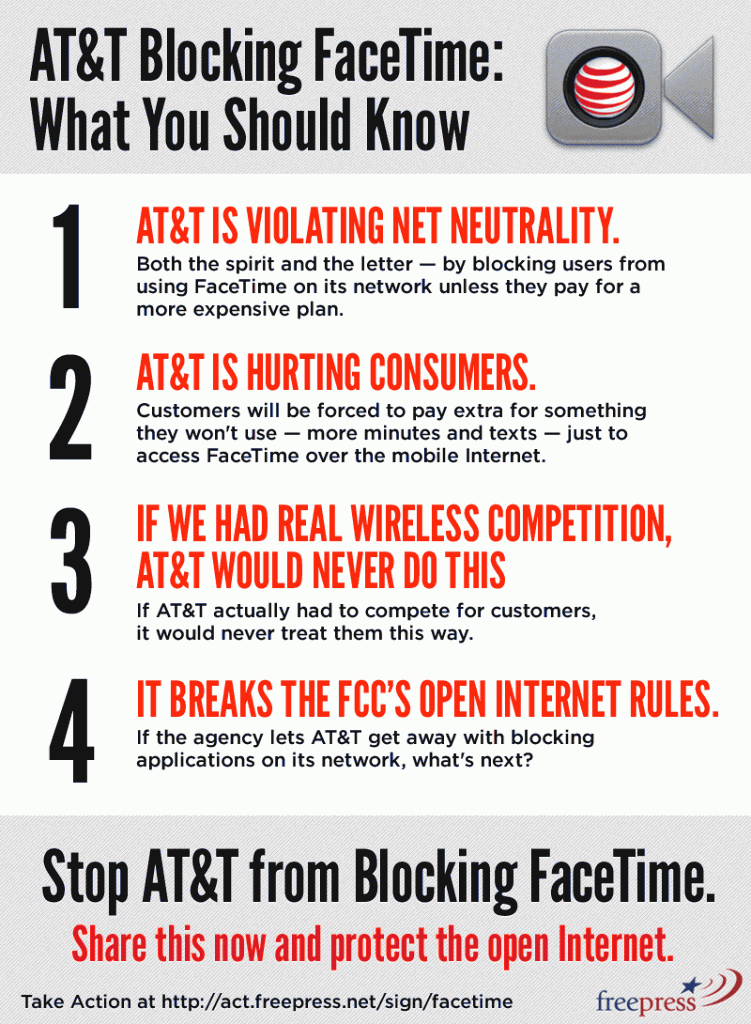17 Porn Films in 4 Days; Time Warner Cable: ‘An Electrical Short or You Watched ‘Em, Pay Us $154.65’
 A 52-year old Los Angeles woman was bill shocked when she found Time Warner Cable charged her for 17 pay-per-view adult movies ordered over four days, often within minutes of each other.
A 52-year old Los Angeles woman was bill shocked when she found Time Warner Cable charged her for 17 pay-per-view adult movies ordered over four days, often within minutes of each other.
Total charge: $154.65.
The actual number of adult movies watched, according to Time Warner customer Carol Scott: Zero.
Time Warner Cable’s initial response to Scott’s billing complaint: “We don’t make mistakes. You must have watched all those movies.”
The Los Angeles Times‘ David Lazarus reported on the plight of the healthcare lawyer the cable company thinks can’t put down her remote control:
On one day, the bill shows, a dirty movie was ordered at 9:55 a.m., followed by additional orders at 9:57, 10:03, 10:04, 10:05 and 10:06. Each movie came with a $7.98 charge.
Two days later, according to the bill, Scott’s craving for porn returned in a big way with orders for adult movies at 10:39 a.m. and 10:40, and again at 2 p.m., 2:01, 2:03 and 2:04.
She was apparently in such a randy mood, the bill shows that two adult movies were simultaneously ordered twice that day at 2:03 p.m. and 2:04.
The next day, a little more afternoon delight was seemingly in order. Scott’s bill indicates that two more adult movies were ordered, at 12:15 p.m. and immediately after at 12:16.
Unfortunately, Time Warner’s bill doesn’t specify the titles of the various films, so we can only guess at the range of tastes on display.
Scott explained she never ordered an adult pay per view movie in her life, much less 17 of them — a fact Time Warner Cable could have taken into account had it appropriately investigated her pay per view order history.
Instead, the representative insisted he had proof the movies were directly streamed to her television (was he outside her window?). If she wasn’t the one watching, someone else was — or several people, considering Scott’s bill showed she had as many as six sleazy sex flicks running at the same time.
Scott’s request to block adult pay per view titles from being ordered ever again was blocked by Time Warner. A customer service agent explained it was all or nothing — block all pay per view titles or none of them.
When the Los Angeles Times reporter called Time Warner Cable on behalf of Scott, the cable operator got nervous and had premature explanations.
 Scott said one representative suggested electrical shorts could have resulted in her pay per view porn escapade, or perhaps someone got inside her cable box. Another repeated the company’s earlier insistence she must have watched the movies.
Scott said one representative suggested electrical shorts could have resulted in her pay per view porn escapade, or perhaps someone got inside her cable box. Another repeated the company’s earlier insistence she must have watched the movies.
Jim Gordon, a company spokesman, didn’t really want to talk about it.
“We take customer privacy seriously, which we know our customers appreciate, and as such we are not able to comment on a particular customer’s account,” Gordon said.
Gordon passed the newspaper reporter to Motorola to discuss cable box hacking, as the Time Warner Cable set top box involved was manufactured by them.
In the meantime, under threat of going public with a relationship gone bad, Scott’s account was credited $154.65 and the cable company found its way clear to configure a block on future adult pay per view titles on Scott’s account.
If you do not use your cable company’s pay per view service, why not consider avoiding being the next lucky victim of cable porn roulette and ask your provider to block all pay per view purchases.


 Subscribe
Subscribe







